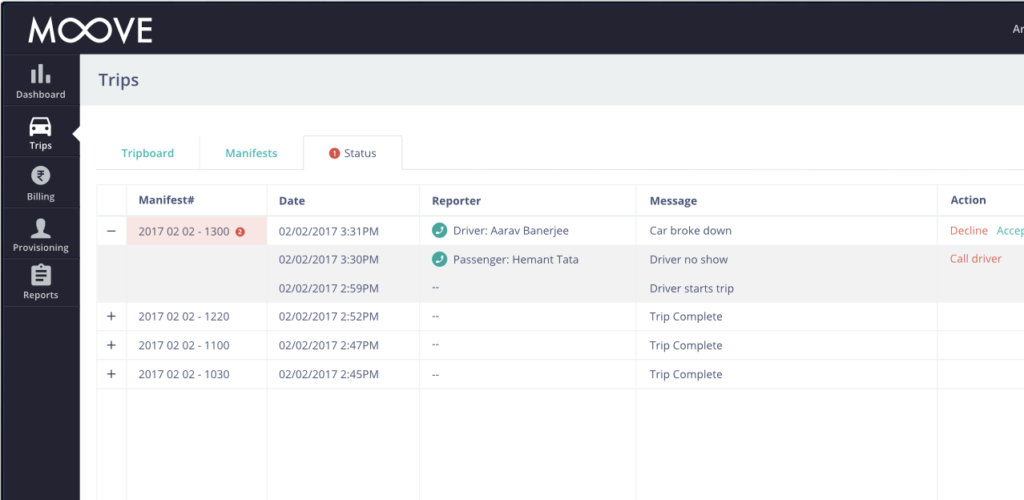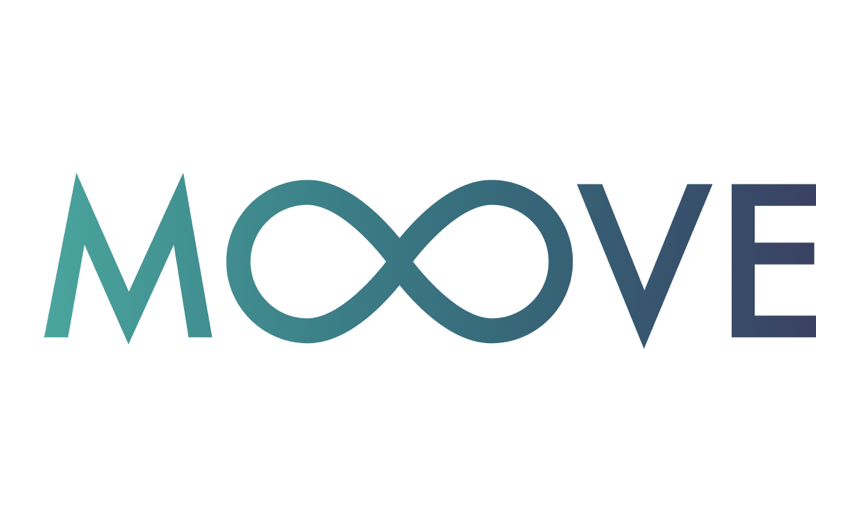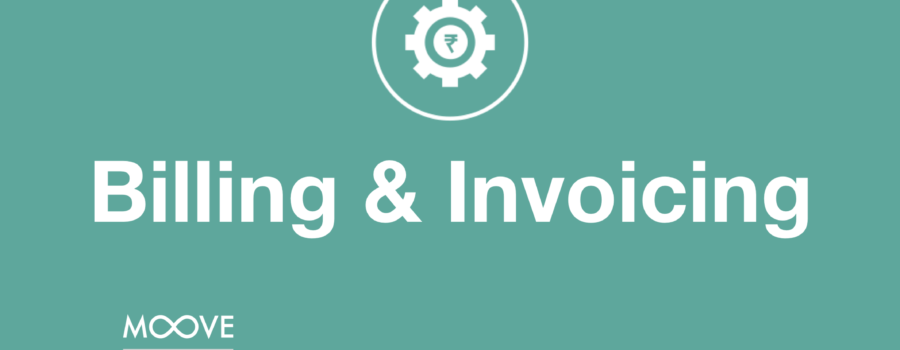One of the critical pieces of data that MOOVE captures in real time is the complete lifecycle of a single trip, from the moment a driver accepts a trip to when they drop-off a rider(s) at their final destination. A typical trip lifecycle spans across six distinct event streams, with events generated by the rider app, driver app, and MOOVE’s back-end platform (in this case the dispatch capability). These events thread into a single trip, and the associated date must be recorded for purposes including Billing.
These event streams are logically grouped together by a time-bounded state machine that models the flow of different user and system (server-generated) events towards completion of a single trip, referred to as a session.

In the context of a MOOVE trip, a session thus consists of a series of events starting with a Driver accepting an assigned Trip and ending at the successful completion of their trip. MOOVE considers that not all sessions go through a complete series of events, as a rider might cancel a trip or a car might break down. The state machine makes the trips stateful and records all events from the start to the end of a Trip.
Given that mobile and GPS signals are non-uniform across the physical journey of a Trip, the Events posted by
The Billing models used in MOOVE fundamentally come down to computing distance and time travelled regardless of the business model in use with a given Enterprise customer. They are described in more detail in the Post related to the Analytics Service which looks at a Bill as a special purpose or custom report.

The various Billing Models considered by MOOVE are described in the attached document.
Members: please use the Link(s) below to download the document(s).
Don’t see the Link(s) above? Please Sign-in / Register as a Member.



